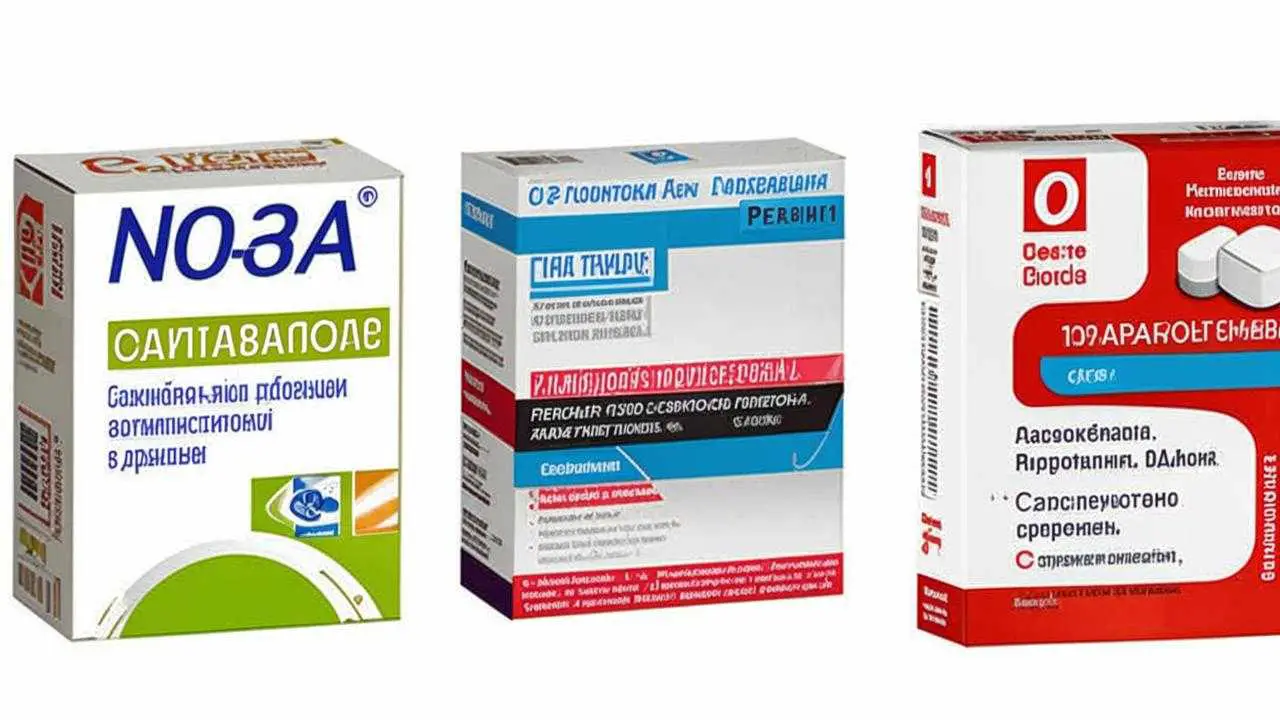Toothache during pregnancy is a common phenomenon. During this period there are changes in the hormonal background of metabolism, the woman’s body becomes very vulnerable. Often pregnancy serves as a catalyst for oral problems. Teeth begin to react to cold and hot. There are painful sensations during hygienic cleaning, gums can bleed. The acidity of saliva increases, the tooth row is subjected to increased bacterial load.
هناك ما يكفي من المتطلبات الأساسية لألم الأسنان. حتى مع العناية المنتظمة بالفم وزيارة طبيب الأسنان، تواجه نصف النساء تقريبًا خلال فترة الحمل تسوس الأسنان والتهاب اللثة والتهاب اللثة والتهاب اللثة والتهاب الفم وغيرها من أمراض الأسنان الالتهابية. إذا كانت الأسنان تؤلمك أثناء الحمل، فعليك الذهاب إلى طبيب الأسنان على الفور.
Toothache should not be tolerated, especially during the period of carrying a child. Painful attacks negatively affect the nervous system, cardiovascular system, can provoke involuntary uterine contractions and even premature labor. The opinion that it is undesirable to treat teeth during this period is a dangerous misconception. Even the initial caries in pregnancy progresses much faster. Modern dentistry offers many effective means and methods of treatment safe for the future mom and baby. The doctor selects treatment individually, according to the clinical picture and the term of pregnancy.
At what symptoms it is necessary to contact a doctor
Urgent treatment is subject to any acute inflammatory diseases of the teeth, gums. Even the smallest carious cavity is an infectious focus, potentially dangerous for the forming fetus. If the carious tooth is not treated in time, pulpitis, periodontitis may develop, accompanied by sharp pain and other symptoms.
It is necessary to immediately go to the dentist at the appearance of the following symptoms:
- tooth reaction to cold, hot, sweet;
- pain (sharp, aching, throbbing);
- bleeding gums;
- pain when biting, chewing;
- redness, swelling of the gum;
- رائحة الفم الكريهة
- purulent discharge
Urgent care is necessary in case of trauma – fracture of the tooth root, chips, cracks of the crown part, damage to the pulp.
In the normal course of pregnancy, the absence of risk factors for the mother and fetus, treatment of urgent or potentially dangerous conditions is carried out at any term (in any trimester). The main contraindication to treatment is the threat of pregnancy termination. Each trimester has its own characteristics that determine the choice of treatment method.
What to do if I have a toothache during pregnancy?
Toothache is a psychotraumatic factor that provokes the release of hormones in the blood and the reaction of the fetus to them. Therefore, painful sensations should be immediately eliminated. Treatment at an early stage can do without anesthesia, x-ray examination. Therefore, the earlier a woman goes to the doctor, the less traumatic the intervention will be.
How to relieve pain on your own
Temporarily relieve toothache during pregnancy will help gargle with a soda solution (1 tsp. soda per glass of warm water). Rinse your mouth more often, every 2 hours. In addition to baking soda, you can use a solution of Furacilin, decoctions of herbs – chamomile, oak bark, yarrow.
It is not recommended to use herbs containing essential oils (sage, eucalyptus, peppermint, cloves, etc.), they can cause severe uterine spasms.
Severe dental pain during pregnancy can be managed with a suitable anesthetic. Steroid-based drugs, agents that penetrate the placental barrier are contraindicated.
What anesthetics can pregnant women with toothache?
The most suitable, WHO-approved painkillers are Paracetamol, No-shpa (or its analog Drotaverine). Reduce the soreness will help children’s gels – Kamistad, Kalgel, Dentol-baby. These are specialized means designed to reduce the soreness of teething. They pleasantly cool the gum, relieve inflammation.
It should be understood, taking a medication is a last resort before seeing a doctor. Pills will temporarily relieve pain, but will not get rid of the underlying problem. Pregnancy is not a disease, but a special physiological state, so treating teeth during pregnancy is not just possible, but necessary.
When is the best time for pregnant women to have their teeth treated?
If a woman responsibly approached pregnancy, treated her teeth in advance, still the dentist should be visited regularly for preventive examinations. This will allow you to detect pathology at an early stage, use the safest methods of treatment. When carrying out any dental manipulation, it matters not only the well-being of the woman, but also the term of pregnancy. Each trimester has its own characteristics, risks that determine the choice of treatment method.
First trimester
1 trimester – the period from 1 to 12 weeks inclusive. At this time there is a laying of organs, structures of the embryo. The placenta is not yet well enough to protect the fetus from external influences, and the woman’s body is undergoing a serious restructuring: hormonal, physiological, metabolic. Any interventions, including medications, can adversely affect the process of carrying, the health of the baby.
If a pregnant woman has a toothache in the 1st trimester, treatment is carried out mainly by gentle methods (ICON, ozone therapy, air-abrasive method). With pulpitis, periodontitis, accompanied by acute pain, purulent discharge use local anesthesia based on articaine (Ultracaine, Melivastezin, Mepifrin, Scadonest).
Second trimester
إن 2nd trimester is the period from week 13 to week 24. This is the safest time for dental treatment, gum treatment, professional hygiene and other dental interventions. Already formed tissues, organs, systems of the fetus, the placenta reliably protects the baby from external factors. All routine procedures are recommended to be performed during this period.
Third trimester
3 trimester – the period from 25 weeks to delivery, quite difficult for the pregnant woman. Loads on the body increase, the placenta becomes more susceptible to external factors. Treatment is carried out only in acute conditions that are dangerous for mother and child. Scheduled procedures are postponed until the baby comes into the world.
If there is a need for dental treatment in a pregnant woman, a new generation of anesthetics based on articaine is used. The components of these drugs do not penetrate the placental barrier, do not affect the uterine, placental blood flow, do not increase uterine tone, safe for the expectant mother and child. An alternative to local anesthesia – treatment under sedation (sleep).
Is it possible to do X-rays
Contrary to established opinion, during pregnancy, X-rays can be done. For this purpose, computerized radiovisiographs are used. The radiation load received by the patient when using a visiograph is minimal. If possible, the study should be carried out in the 2nd trimester, excluding cases where urgent care is required – severe, acute pain in the teeth in pregnancy. X-ray examination is carried out observing all possible means of protection of the fetus.
“Fighting” with radiation on the visiograph, women calmly fly to the south, eat fruit, bask in the sun. Not knowing that during a 2-3 hour flight a person receives 20-30 µSv. This radiation dose is equivalent to 10-15 images on a visiograph. From the rays of light, ionizing radiation differs only in wavelength and has a damaging effect only under certain conditions.
الوقاية
It is recommended that a pregnant woman visit the dentist as soon as oral discomfort occurs. Even better, prevent the disease, remembering the vulnerability of teeth during the period of carrying a child. To do this, you should undergo 4 routine preventive checkups within 9 months:
- 6-8 weeks;
- 16-18 weeks;
- 26-28 weeks;
- 36-38 weeks.
Before planning a pregnancy, you should definitely visit the dentist, treat your teeth, gums, make a professional cleaning. Take care of proper nutrition to provide enough vitamins, trace elements for the formation of the fetus, maintaining the health of the bones, teeth of the mother. In case of any alarming symptoms – make an appointment for a consultation with a doctor.


